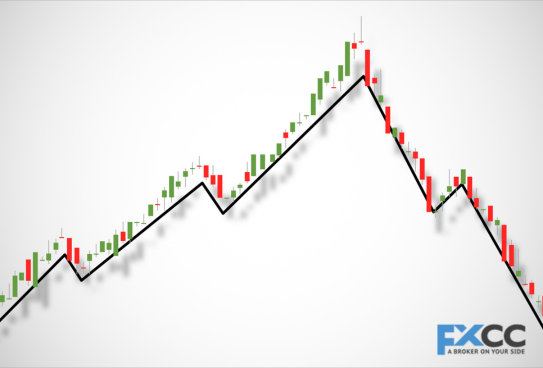Short selling, a complex financial maneuver, has long been a subject of fascination and controversy. While it can serve as a powerful tool for investors, its impact on stock prices and broader market dynamics is multifaceted and often misunderstood. This article delves into the mechanics of short selling, its influence on stock valuations, and the implications for market behavior.

The Mechanics of Short Selling
At its core, short selling is a speculative investment strategy where an investor borrows shares of a company from a broker and sells them on the open market, anticipating a decline in the stock price. If the price falls, the short seller can repurchase the shares at a lower cost, return them to the lender, and pocket the difference. However, if the stock price rises, the potential losses are theoretically unlimited.
Short Selling and Stock Prices
Short selling can exert significant downward pressure on a stock’s price. When multiple investors short a stock, it sends a clear signal to the market that there is a lack of confidence in the company’s future performance. This negative sentiment can trigger a sell-off as other investors follow suit, exacerbating the decline. Moreover, short sellers often engage in extensive research to identify potential vulnerabilities in a company, which can uncover information that negatively impacts the stock price.
However, the relationship between short selling and stock prices is not always straightforward. A phenomenon known as a “short squeeze” can occur when a heavily shorted stock’s price unexpectedly rises. As short sellers rush to cover their positions by buying back shares, they inadvertently push the price even higher, creating a positive feedback loop. This can lead to significant losses for short sellers and a rapid increase in the stock’s valuation.
Market Behavior and Short Selling
Short selling plays a crucial role in shaping market behavior. By identifying overvalued securities and betting against their decline, short sellers contribute to price discovery and market efficiency. They help prevent asset bubbles by challenging inflated valuations. Additionally, short selling can provide liquidity to the market, as shares are constantly being borrowed and sold.
On the other hand, excessive short selling can contribute to market volatility. When short interest is high, the market becomes more susceptible to rapid price swings. Fear of a short squeeze can lead to panic selling, amplifying market downturns. Moreover, concerns about market manipulation through coordinated short selling attacks have raised regulatory scrutiny.
Regulatory Landscape and Ethical Considerations
The potential for market abuse through short selling has prompted regulators to implement measures to protect investors and maintain market integrity. These include rules on naked short selling (selling shares without first borrowing them), disclosure requirements for short positions, and circuit breakers to halt trading during periods of extreme volatility.
Ethical considerations also surround short selling. While it is a legal investment strategy, some argue that it can harm companies and their employees by creating a negative market environment. Short sellers, however, contend that they are essential to market discipline and prevent fraud.

Conclusion
Short selling is a complex and controversial investment strategy with both positive and negative implications for the market. While it can contribute to price discovery, market efficiency, and liquidity, it also carries the risk of exacerbating market volatility and creating opportunities for manipulation. Understanding the mechanics of short selling and its impact on stock prices is essential for investors seeking to navigate the complexities of the financial markets. As the regulatory landscape evolves, the role of short selling in the market is likely to continue to be a subject of debate and scrutiny.
FAQs
1. What is a short squeeze?
A short squeeze occurs when a heavily shorted stock’s price rises rapidly, forcing short sellers to buy back shares at higher prices to cover their positions, which further drives up the stock price.
2. How does short selling benefit the market?
Short selling enhances market liquidity, aids in price discovery, and helps correct overvaluations, contributing to a more efficient market.
3. Why is short selling controversial?
Short selling is controversial because it involves profiting from a stock’s decline, which some view as unethical. It can also contribute to market volatility and instability.
4. What regulations are in place for short selling?
Regulations include the uptick rule, mandatory reporting of significant short positions, and temporary bans on short selling in certain situations to maintain market stability.
5. Can short selling lead to market crashes? While short selling can exacerbate market declines, it is usually not the sole cause of market crashes. It can contribute to increased volatility during times of market stress.


